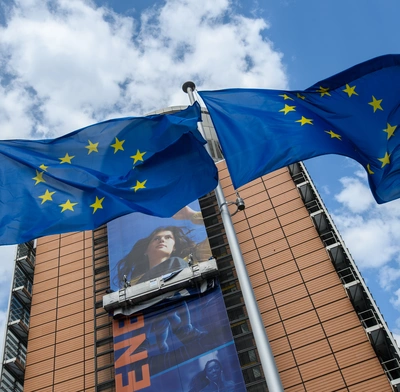EU regulators, led by the Bank of Lithuania, are investigating Robinhood’s recent tokenized stock offering.

The outcome of the investigation may offer useful insights into how the EU will apply its crypto-asset regulations to new entrants seeking to offer digital asset products and investment vehicles across the bloc.
Legal uncertainty
Robinhood, the retail trading platform, announced at the end of June it would offer tokenized stock trading in the EU. This new service would allow EU traders to buy and sell tokenized certificates - digitalized representations of assets - for more than 200 public and private companies.
The Bank of Lithuania provided Robinhood with its initial licences to operate in the EU and is therefore the lead regulator for the company in the region.
Controversy emerged after OpenAI and SpaceX, two private firms, publicly disavowed their inclusion in Robinhood’s tokenized asset product offering, prompting the Bank of Lithuania’s scrutiny.
“We have contacted Robinhood and are awaiting clarifications regarding the structure of OpenAI and SpaceX stock tokens,” noted Giedrius Šniukas, a spokesperson for the Bank. “Only after receiving and evaluating this information will we be able to assess the legality and compliance of these specific instruments.”
MiCAR vs the US
Lithuania’s decision to investigate Robinhood is representative of the EU’s general regulatory approach towards cryptocurrencies and digital assets in general. While permissive towards crypto adoption, the EU has established bank-like rules for cryptocurrency service providers, putting emphasis on investor and consumer protection.
The EU Markets in Crypto-Assets Regulations (MiCAR) requires firms enabling crypto or digital asset trading to adhere to strict consumer protection protocols. The regulations are now being put to the test as crypto firms seek to broaden their presence in Europe.
The EU approach differs from the US, which, under President Trump, has sought to boost the crypto industry through regulatory frameworks that encourage dealmaking, innovation and investment.







